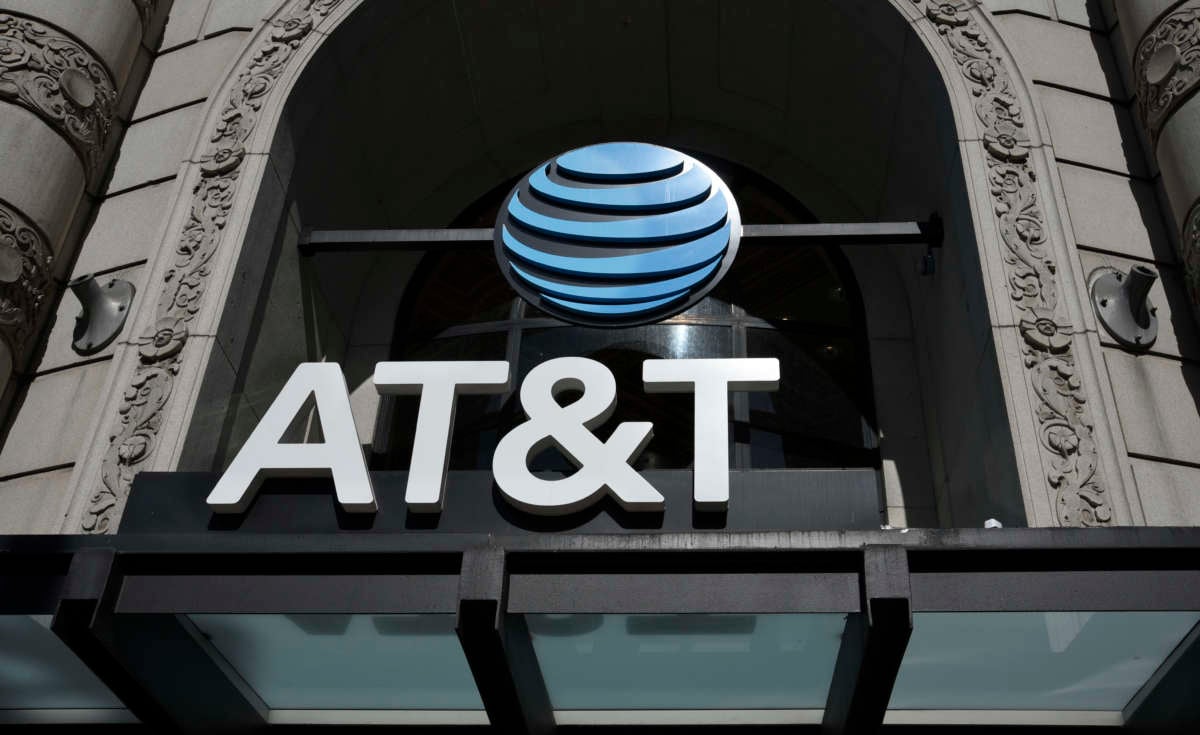Telecommunications and telephone utilities companies spent a combined $66 million in lobbying in the first half of 2021 ahead of the Senate passing a $1 trillion infrastructure deal that will allocate $65 billion to boost internet access across the country. The telecommunications and utilities industries spent around the same amount of money on lobbying in the first half of 2020.
The $1 trillion infrastructure bill advanced in the House of Representatives last Tuesday when House Democrats also passed a $3.5 trillion budget resolution without Republican support. The infrastructure bill is on track to be passed by the House and will be voted on by Sept. 27.
If the bipartisan infrastructure bill passes the House and is signed into law by President Joe Biden, the $65 billion allocation should allow the telecommunications industry to expand internet access to an estimated 30 million Americans who lack broadband infrastructure.
Comcast Corp. spent the most on lobbying, with $6.7 million in the first half of the year. The second highest was spent by NCTA The Internet & Television Association, which spent $6.5 million in the first half of the year.
AT&T, which has spent about $5.7 million on lobbying efforts through June, plans to kickstart their own fiber-optic network expansion in 90 metro areas across the country in 2021. The company has said its expansion plans will benefit from government subsidies in the infrastructure bill.
An estimated $42 billion of spending in the infrastructure plan will go to expand broadband to areas with little to no internet access, and another $14 billion will funnel money into monthly subsidies for low-income households to pay their internet bills.
The $14 billion in subsidies would make the Emergency Broadband Benefit program, established during the COVID-19 pandemic, permanent. The program was originally started to help low-income households pay their monthly internet bills if they were unemployed or furloughed. However, the new permanent program would only supply families with $30 a month — the current plan sends families $50 a month. According to CQ RollCall, an American household typically pays $60 a month for internet access.
Another $2.75 billion in the infrastructure plan will boost digital equity through two grants, the State Digital Equity Capacity Grant Program ($1.5 billion), and the Digital Equity Competitive Grant Program ($1.25 billion). The bill also grants $2 billion to the Tribal Broadband Connectivity Program, which will help expand broadband access to Native American communities.
Companies that receive funding from the government to expand broadband access will be required to offer lower-cost options for families who struggle to afford internet services. Currently, AT&T, Comcast and Verizon provide low-cost plans for certain families, and the bill will allow smaller and newer internet companies to establish low-cost plans to increase access for individuals with no internet.
Some telecommunication companies may have an issue with one of the bill’s provisions that will enable the Federal Communications Commission to retain funding from providers that have long network outages or longer periods where service is down due to power outages or scheduled maintenance. Companies may also have an issue with a provision mandating disclosure of prices and service levels.
Sen. Susan Collins (R-Maine) said in a floor speech before the bill’s passage that the provisions will be sure to close the gaps in those who have access to the internet to those who do not.
“It is time for us to bridge America’s digital divide and build a 21st-century broadband infrastructure that will meet our country’s needs not only today, but for years to come to be future-proof,” Collins said.
The $65 billion falls short of Biden’s original proposal of a $100 billion investment, but he boasted the investment will still “deliver affordable, high-speed Internet to every American,” and maintained that internet access is “a necessity for the 21st century.”
The bill could also potentially make it harder for new competitors to enter the market if the new companies have to compete with those receiving government funds. Specifically, it could stifle efforts by SpaceX’s Starlink satellites in earth’s lower orbit attempting to offer high-speed internet.
Join us in defending the truth before it’s too late
The future of independent journalism is uncertain, and the consequences of losing it are too grave to ignore. To ensure Truthout remains safe, strong, and free, we need to raise $17,000 by midnight tonight. Every dollar raised goes directly toward the costs of producing news you can trust.
Please give what you can — because by supporting us with a tax-deductible donation, you’re not just preserving a source of news, you’re helping to safeguard what’s left of our democracy.
